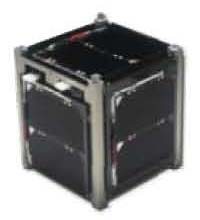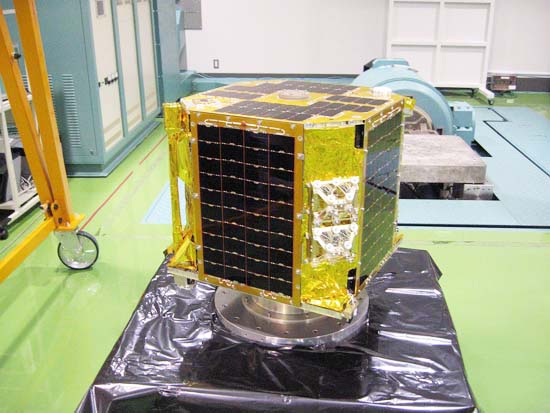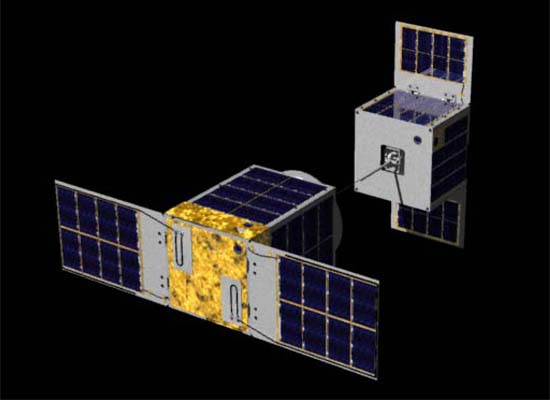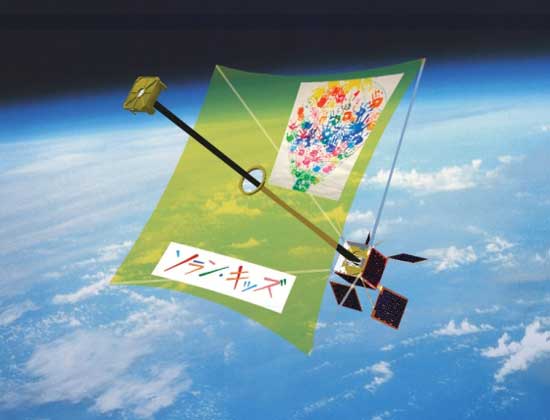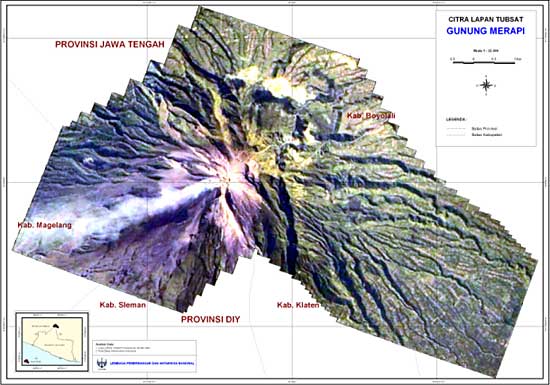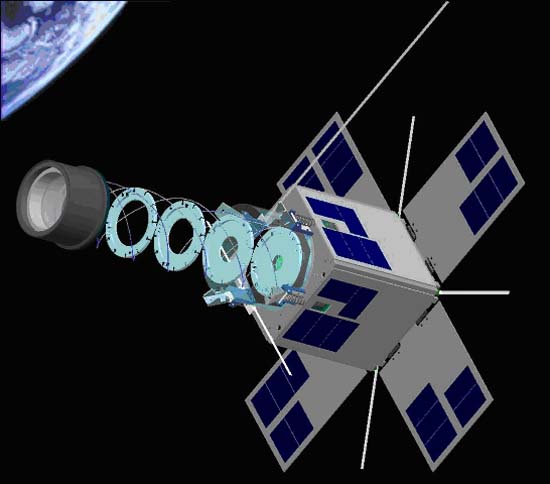2008
#058 [[Series 1: PSLV Successfully Launched Ten Satellites]]
- SEEDS 2, Nihon University, Japan-
ISRO's Polar Satellite Launch Vehicle, PSLV-C9, successfully launched the Indian remote-sensing satellite CARTOSAT-2A, the Indian Mini Satellite (IMS-1) and eight nanosatellites for international customers (from six countries, including SEEDS 2 from Japan) at 12:53:51 (Japan time) on April 8, 2008 from the south of India.
#057 Asia-Pacific Workshop on Carbon Cycle Observations
The Asia-Pacific Workshop on Carbon Cycle Observations (APWSCCO) was held from March 17 to March 19, 2008 at the National Institute for Environmental Studies (NIES) in Tsukuba, Japan.
This workshop aimed to discuss how to develop a comprehensive and integrated climate change observation system in the Asia-Pacific region that takes user needs into consideration.
#056 [[Series 4: Introduction of the Current Status of Small Japanese Satellites]] Introduction of SOHLA
In summer 2008, Space Oriented Higashiosaka Leading Association (SOHLA)'s satellite SOHLA-1 will be launched together with five other small piggyback satellites.
#055 [[Series 3: Introduction of the Current Status of Small Japanese Satellites]] Introduction of STARS
The Kagawa Satellite Project started in January 2005, led mainly by the staff of the Nohmi Laboratory in the department of engineering at Kagawa University.
In May 2007, STARS was selected as one of the candidates of small satellites to be launched by JAXA's H-IIA rocket together with the main satellite GOSAT, which is scheduled to be launched in 2008.
#054 VINASAT-1 Successful Launch, April 18, 2008 - Vietnam
Vietnam's first communications satellite, VINSAT-1, was successfully launched at 22:17 GMT on April 18, 2008, aboard an Ariane 5 carrier rocket from Kourou, French Guiana.
Comment from the vice director of the Space Technology Institute (STI) and the head of the Mechatronics Department of the Institute of Mechanics, Vietnam Academy of Science and Technology Dr. Pham Anh Tuan.
#053 The Second GEOSS Asia-Pacific Symposium - The role of Earth observations in tackling climate change -
#052 JAXA GOSAT Project Team
The Greenhouse gas Observing SATellite (GOSAT) is designed to observe the global distribution of greenhouse gases from space, and is expected to contribute to international efforts for the prevention of global warming by acquiring the current absorption and emission levels of greenhouse gases.
#051 [[Series 2: Introduction of the Current Status of Small Japanese Satellites]] Introduction of SORUNSAT-1 (Kagayaki)
As the second article in this series, the APRSAF secretariat interviewed Mr. Hiroshi Saegusa, project manager of small satellites (SORUNSAT-1) at Sorun Corp., to learn about the current developmental status of SORUNSAT-1 and his determination to develop it.
#050 Forum on "Sustaining Water Cycle for Disaster Risk Reduction" October 10, 2007, Japan
The forum, a commemorative public forum on the 20th anniversary of the foundation of the Japanese Association of Hydrological Sciences (JAHS) and international day for Disaster Reduction 2007, was held at the United Nations University, Tokyo on October 10, 2007 with around 100 participants.
#049 LAPAN-TUBSAT Video Under Extensive Study For Land Use Applications
LAPAN is still under extensive study with regards to how to use LAPAN-TUBSAT video. Video frames have been stitched together to give an image of a wider area and also georeference the data.
#048Operation Schedule of Kizuna (WINDS) and Experimental Plans in the Asia-Pacific Region
The Wideband InterNetworking engineering test and Demonstration Satellite (WINDS), also known as Kizuna, was launched on February 23, 2008, and JAXA has successfully completed the deployment of multi-beam antennas onboard Kizuna at the end of a series of critical phase operations conducted on March 1, 2008.
#047 [[Series 1: Introduction of the Current Status of Small Japanese Satellites]] Introduction of PRISM
JAXA plans to launch the Greenhouse Gases Observing Satellite (GOSAT), together with six small piggyback satellites, in the summer of 2008. The launch date has not been determined yet, but the project leaders of each small satellite are preparing to launch their satellites this summer season.
#046 Start of the delivery mission for Japanese Experiment Module Kibo
Space Shuttle Endeavour, with JAXA astronaut Takao Doi onboard, was successfully launched at 3:28 p.m. (Japan Standard Time) on March 11. The 1J/A (STS-123) is the first Kibo delivery mission to the International Space Station (ISS), and the Experiment Logistics Module Pressurized Section (ELM-PS) of Kibo was attached to the ISS on March 14.
#045 Naro Space Center in South Korea
The Naro Space Center, started as part of a national space development program, is now beginning to take shape on Oenaro Island off the southwestern part of the Korean Peninsula. Korea's first space center will cover almost five million square meters (53,375,000 sq. ft) of land.
#044 Report on the Mountain GIS e-Conference, Nepal - January 14 - 25, 2008, by Mr. Paribesh Pradhan, a member of the organizing team of the conference
The International Centre for Integrated Mountain Development (ICIMOD) and the Mountain Forum Secretariat (MFS), located in the Himalayan region, organized a two-week virtual conference on "Promoting Geographic Information and Earth Observation Applications for the Sustainable Development of the Hindu Kush-Himalayan Region"
